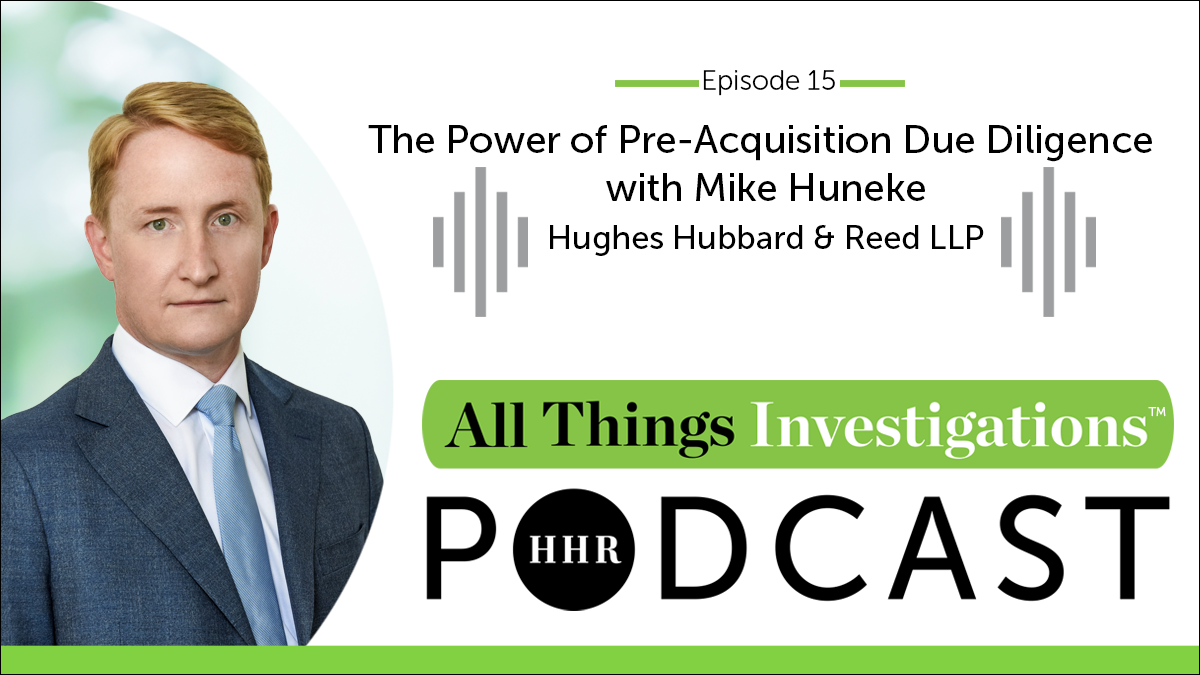One of the clearest themes from the original 2012 FCPA Resource Guide was the importance of your pre-acquisition work in any M&A on a target company. In the section on Declinations, the 2012 FCPA Resource Guide provided an example of a company that had received a declination in large part because of its pre-acquisition work, which then served as a basis for its post-acquisition remediation. I find it appropriate to think of the process as a straight line, directly from the pre-acquisition phase to closing and then to remediation, integration, and self-reporting in the post-acquisition phase. These same concepts were brought forward in the 2020 FCPA Resource Guide, 2nd edition.
It should all begin with a preliminary pre-acquisition assessment of risk. Such an early assessment will inform the transaction research and evaluation phases. This could include an objective view of the risks faced and the level of risk exposure, such as best/worst-case scenarios. A pre-acquisition risk assessment could also be used as a mechanism through which to view the feasibility of the business strategy and help to value the potential target.
The pre-acquisition risk assessment can be critical in any M&A work for compliance. Use this opportunity to see where the target might stand on compliance. Your risk assessment can evolve as you obtain greater information. Finally, use this pre-acquisition risk assessment as a base document to plan, resource, and budget for your post-acquisition remediation, integration, and reporting.
Three key takeaways:
- One never has enough time to engage in all the pre-acquisition reviews you might want to do, so optimize your time and resources.
- Consider what you can review to put together a preliminary risk assessment on the target.
- As with most compliance initiatives, you are only limited by your imagination, so if you are limited in time and scope, try something new and different.






